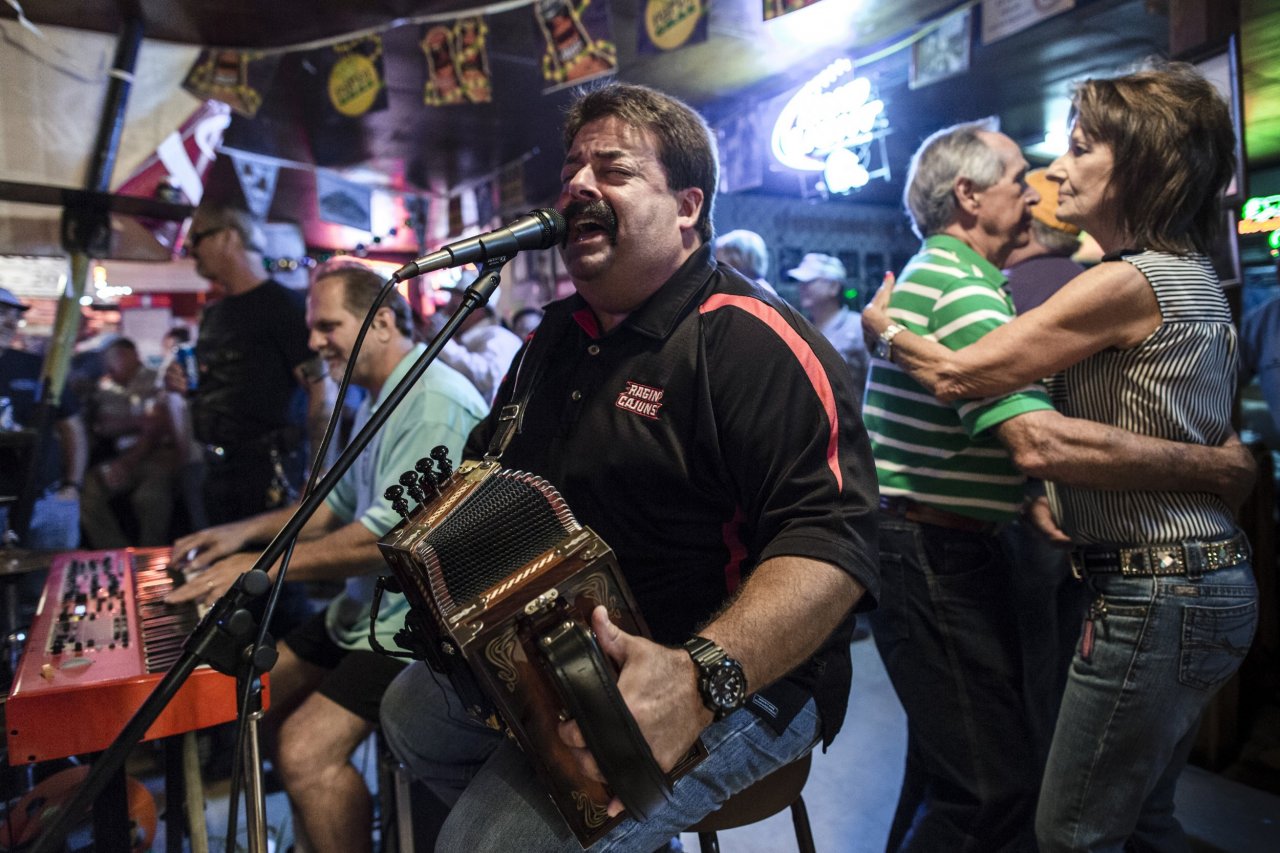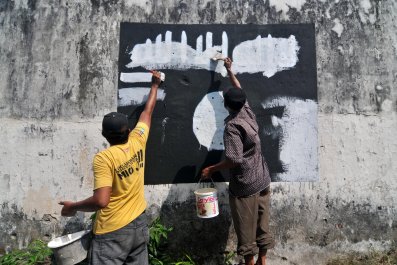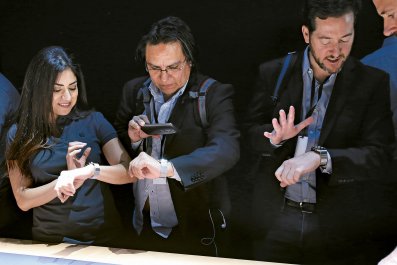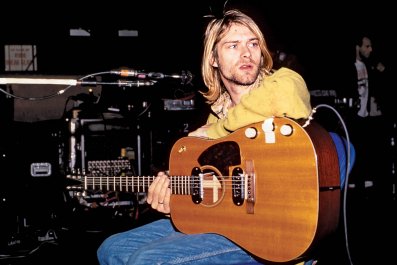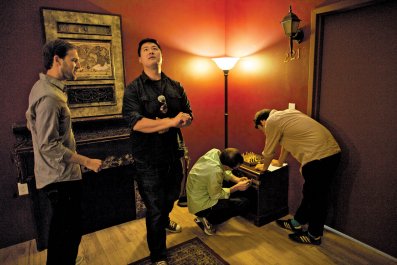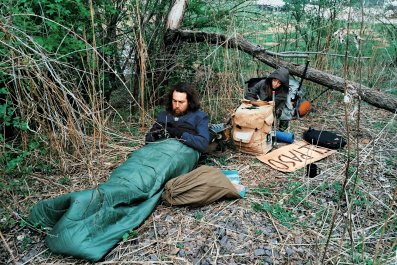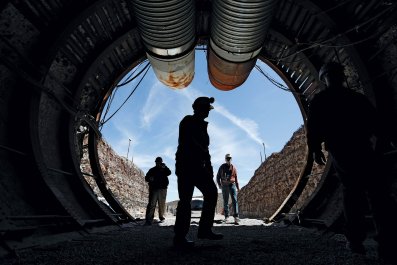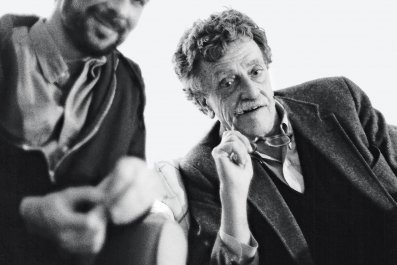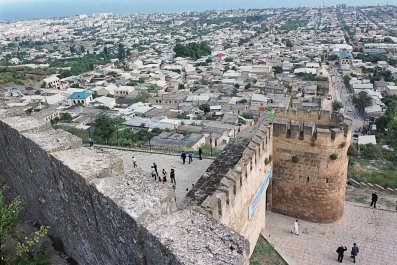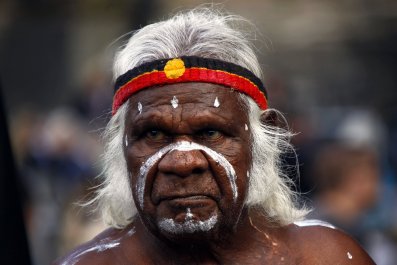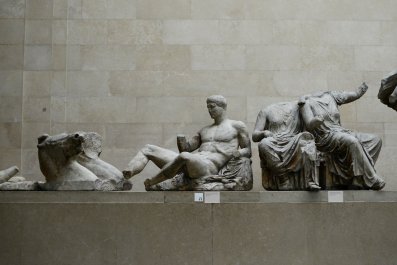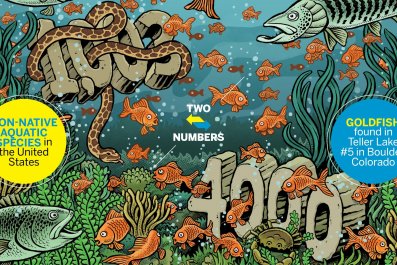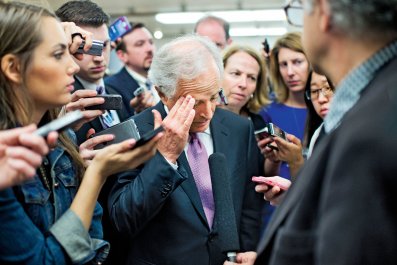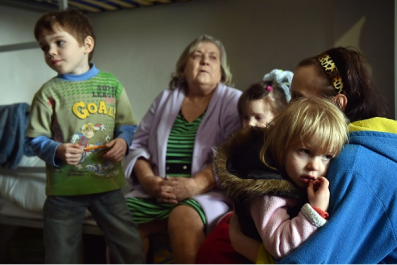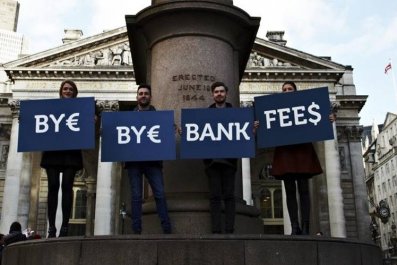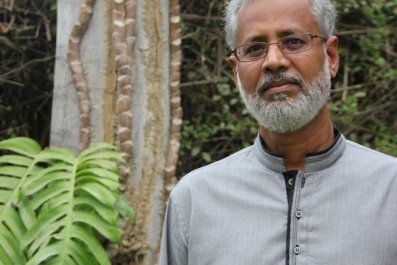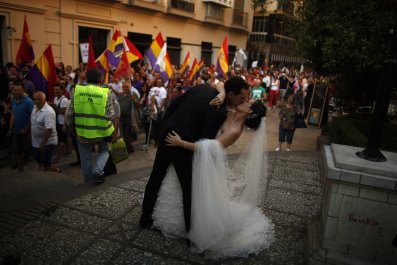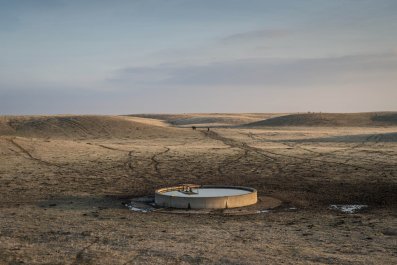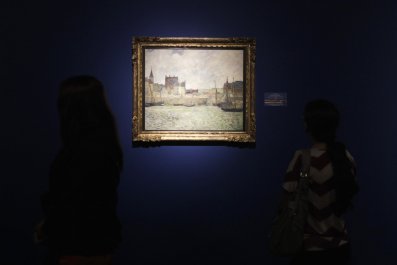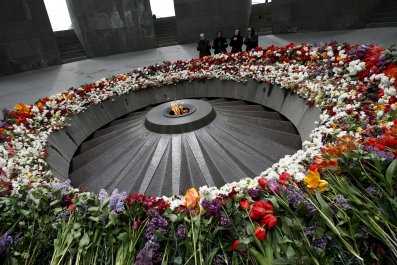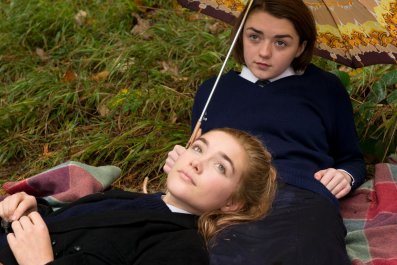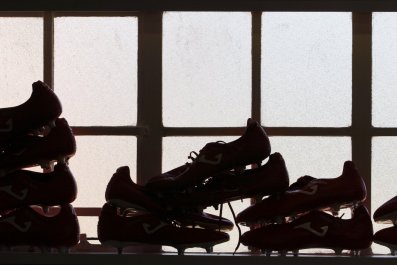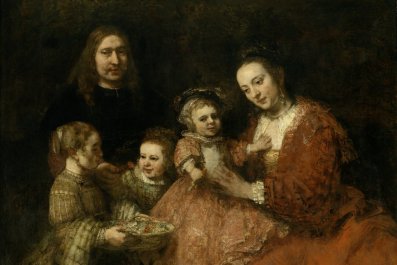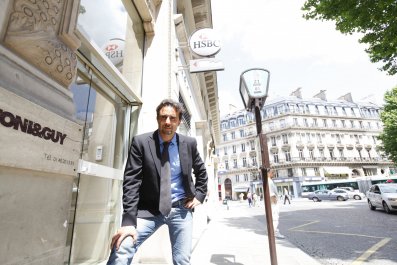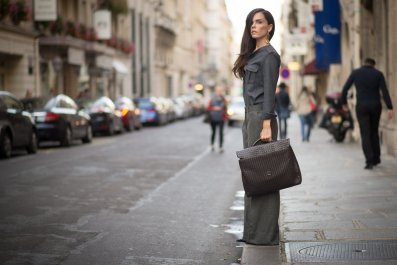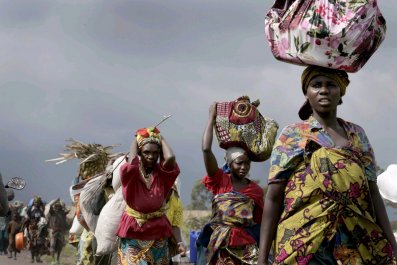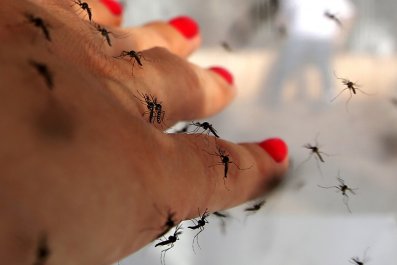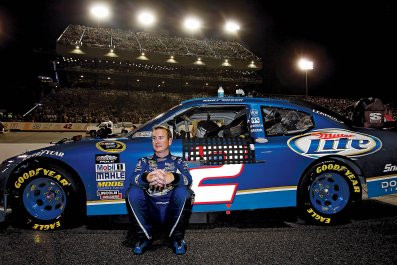If you fear the US is turning into one big strip mall then it's time to get off the main highway and explore the byways of Cajun Country, where a distinctive local culture proudly rules. Comprising 22 of Louisiana's 64 parishes and running from west of New Orleans to the Texan border, it is rich in swamps and rice farms, bird life and alligators. Most notably, the small city of Lafayette and its environs are home to North America's most vibrant regional music scene.
Like everywhere in the South, Cajun Country is divided between white and black Americans. The Cajuns are descendants of French-speaking Acadians who fled the British conquest of Nova Scotia in the 18th century, Louisiana then being a French territory. And Cajun music is a wonderfully fluid folk music sung in French patois and traditionally played on accordion and fiddle. The Creoles, descendants of African slaves, favour zydeco, an accordion-led music with blues flavours and a powerful rhythm.
Hearing the music is easy – it's everywhere. The Blue Moon Saloon, in central Lafayette, hosts live music most nights. Arriving on a Wednesday I found the weekly Cajun Jam under way. Seated in a half circle, the all-acoustic Jam had musicians on violin, accordion, guitar, banjo and triangle. This spacious saloon (and guest house) attracts both visitors and locals, some joining in singing favourite songs. One gifted singer praised the players, saying they "are some of the best guys in the county".
The Blue Moon's crowd is hip and youthful, people who drink craft beers and want to discuss indie bands alongside Louisiana legends. Situated in downtown Lafayette, it is the city's epicentre, of sorts.
On Saturday morning I drove to Breaux Bridge, a boutique town south-east of Lafayette, where Zydeco Breakfast is held at Café des Amis. Breakfast starts at 7.30am and by 9am people were queuing to enter. Inside, Leroy Thomas, a Stetson-wearing, accordion pumping Creole, was leading his swinging zydeco band.
The crowd tucked into beignets – fried dough covered in powdered sugar – and omelettes served with boudin – a white Cajun pork and rice sausage – while couples got up to dance the waltz and two-step between tables. And all the while Thomas sang songs celebrating "bon ton roulet" – letting the good times roll.
Saturday night found accordionist Steve Riley at La Poussière, at 60 the oldest of the Cajun dancehalls. Riley is a Cajun icon, his blend of traditional and contemporary music having taken him across the globe. He's shared a stage with Robert Plant yet at home he's just the leader of a dance band. La Poussière, on the outskirts of Lafayette, is more traditional than the Blue Moon or Café des Amis, a no-frills, rectangular building designed solely for dancing. The Cajun couples who come here on Saturday night are drawn from the surrounding farming communities; both the youthful and the middle-aged dress in a smart, conservative manner, with cowboy boots and hats for the men. That said, everyone's very friendly and people made me welcome – even though I can't dance.
Indeed, Riley is so good that I went to hear him again on Sunday afternoon at Whiskey River, a ramshackle dancehall built on the bayou (Cajun for swamp) next to McGee's Landing on Lake Henderson. You reach Whiskey River by driving on a dirt road over a levy and there it sits, the dancefloor's main window looking straight on to the swamp. Whiskey River is full of Cajuns dancing, bikers drinking, raucous bartenders and a cloud of smoke – there's no smoking ban in Cajun country. As the sun sets and Steve Riley squeezes his accordion I think how when America is wild and free it's the most fun place going.
Correction: An earlier version of this story referred to the Beaux Bridge. It is the Breaux Bridge.



